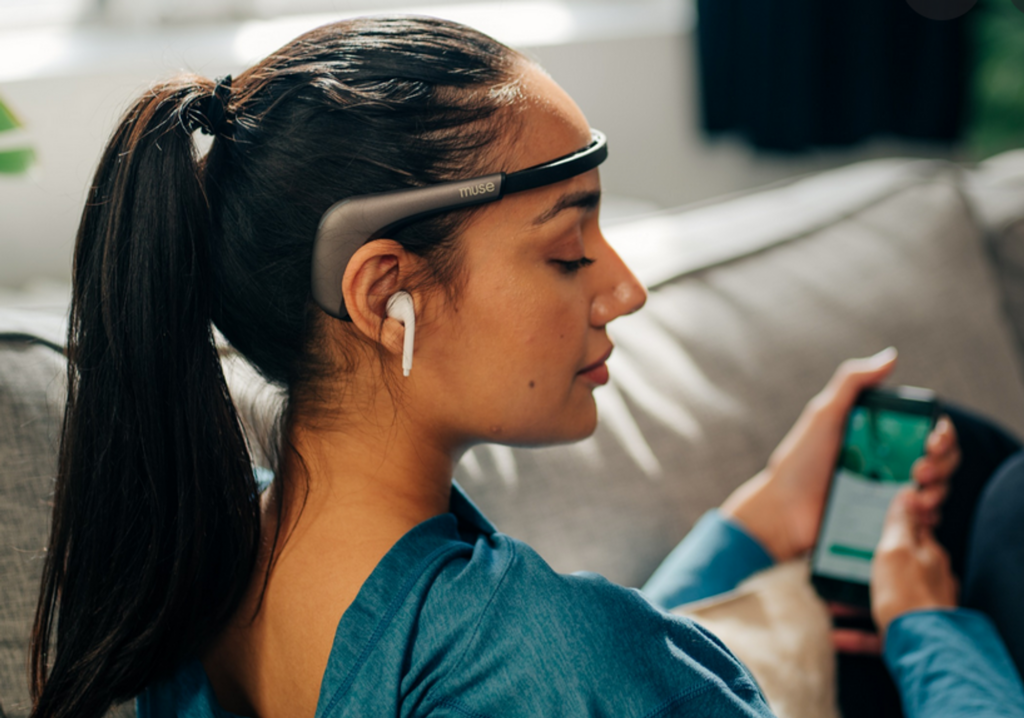Harnessing the Power of Biofeedback to Revolutionize Persistent Discomfort Management and Improve Quality of Life
Harnessing the Power of Biofeedback to Revolutionize Persistent Discomfort Management and Improve Quality of Life
Blog Article
Persistent pain is a syndrome that impacts countless of individuals across the globe. It can be triggered by various factors, including injuries, diseases, or even stress. For many individuals, controlling chronic pain can be a daily challenge that affects their quality of life. Traditional treatments often include medications, physiotherapeutic therapy, and sometimes surgery. However, these approaches do not always provide the alleviation that patients seek. Lately, biofeedback has surfaced as a promising option for controlling chronic pain and improving overall well-being.
Biofeedback is a technique that educates individuals how to manage specific bodily functions by utilizing indicators from their own physiology. This approach includes using sensors that track physiological functions such as heart rate, muscle tension, and skin temperature. By offering immediate feedback, patients can discover to identify their body's reactions to pain and stress. This awareness allows them to develop strategies to handle their pain more effectively. For example, if a person observes that their muscle tension increases when they are in pain, they can utilize relaxation techniques to help reduce that tension.
One of the key benefits of biofeedback is that it enables individuals to take an active role in their pain control. Instead of relying solely on drugs or treatments from healthcare providers, patients can gain to comprehend and regulate their own physiology. This feeling of control can lead to enhanced confidence and a more positive outlook on life. Many biofeedback for stress resilience patients report feeling more in charge of their pain and less like victims of their condition. This change in perspective can significantly improve their standard of life.
Studies has demonstrated that biofeedback can be effective in reducing chronic pain symptoms. Studies suggest that patients who use biofeedback methods often undergo less pain and improved physical function. Additionally, biofeedback can help reduce anxiety and stress, which are common concerns for those dealing with chronic pain. By tackling both the physical and psychological aspects of pain, biofeedback provides a comprehensive approach to pain management. This integrated method can lead to better outcomes for patients, allowing them to engage more fully in their daily activities.
In conclusion, biofeedback is a valuable tool for transforming chronic pain management. By educating individuals to understand and control their physiological reactions, biofeedback empowers patients to take control of their pain. This method not only helps alleviate pain but also enhances overall quality of life. As more people seek alternatives to conventional pain management methods, biofeedback stands out as a promising option. With ongoing investigation and recognition, biofeedback could turn into an integral part of chronic pain treatment, helping individuals lead more fulfilling, more satisfying lives.